As she sat at her desk, staring blankly at the lines of code streaming across her screen, Emily couldn't help but feel like she was being slowly suffocated by the relentless march of artificial intelligence in her workplace. The ad agency where she worked had been aggressively pushing AI-powered tools to streamline processes and boost efficiency, but to Emily, it felt like a thinly veiled attempt to eliminate human workers altogether. She wasn't alone in her concerns - a growing number of employees are starting to push back against the increasing presence of AI in the workplace, and it's time to ask: is it possible to resist the tide of automation?
For Emily, the problem began when her agency started using AI-powered tools to analyze ad performance and predict consumer behavior. At first, it seemed like a useful addition to her team's toolkit, but as time went on, she noticed that the AI was increasingly being used to make decisions that were previously the domain of human workers. "It felt like they were trying to replace us," Emily says. "I'd be working on a project, and suddenly the AI would swoop in and take over, doing the work that I was supposed to be doing."
But Emily's concerns go beyond just her own job security. She's worried about the broader implications of AI in the workplace, and the potential consequences for society as a whole. "We're creating a system where humans are no longer necessary," she says. "And that's a scary thought."
The truth is, AI is already having a profound impact on the way we work. According to a recent report by the McKinsey Global Institute, up to 800 million jobs could be lost worldwide due to automation by 2030. And it's not just low-skilled jobs that are at risk - even highly skilled professionals like Emily are starting to feel the effects of AI-powered tools.
So what's driving this trend, and what can be done to resist it? The answer lies in understanding the underlying drivers of AI adoption in the workplace. For one thing, companies are under immense pressure to stay competitive in a rapidly changing market. AI-powered tools promise to boost efficiency and productivity, allowing companies to stay ahead of the curve and maintain their market share.
But there's another factor at play: the desire for control. As AI becomes increasingly sophisticated, companies are starting to see it as a way to exert greater control over their employees and their workflows. "It's a way for management to say, 'We don't need to worry about the human factor anymore,'" says Dr. Kate Crawford, a leading expert on AI and society. "They can just use the AI to do the work, and then blame the AI when things go wrong."
So what can be done to resist the tide of automation? For Emily and her colleagues, the answer lies in building a movement. They're starting to organize and push back against the increasing presence of AI in the workplace, demanding greater transparency and accountability from their management. "We need to start having a conversation about what it means to be human in the age of AI," Emily says. "We need to start thinking about what we value, and what we're willing to fight for."
It's a message that's starting to resonate with others. In recent months, there have been a growing number of high-profile protests and walkouts at companies that have been aggressively pushing AI-powered tools. And it's not just employees who are speaking out - there are also growing concerns among policymakers and regulators about the impact of AI on society.
As the debate rages on, one thing is clear: the future of work is going to be shaped by the choices we make about AI today. Will we continue down the path of automation, or will we find a way to harness the power of AI to create a more equitable and just society? The answer is far from certain, but one thing is clear: it's time to start having a conversation about what it means to be human in the age of AI.
In the end, it's not just about resisting the tide of automation - it's about creating a future where humans and machines work together in harmony. As Dr. Crawford puts it, "We need to start thinking about AI as a tool, not a replacement for human workers. We need to start thinking about what we value, and what we're willing to fight for."
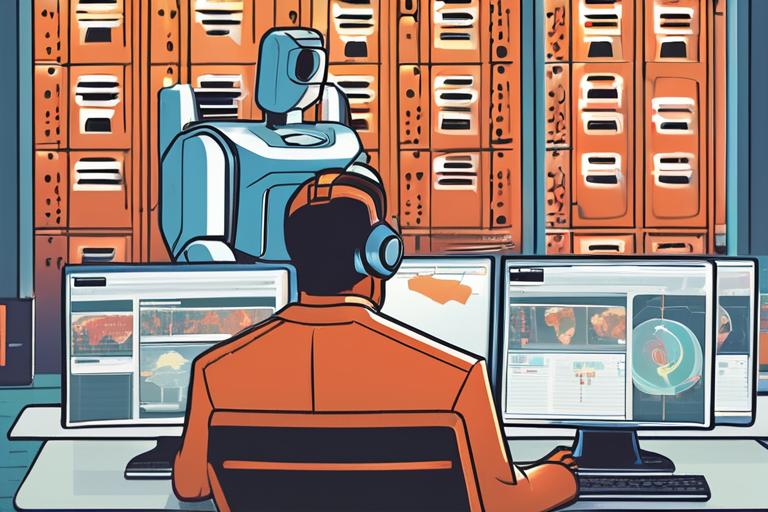


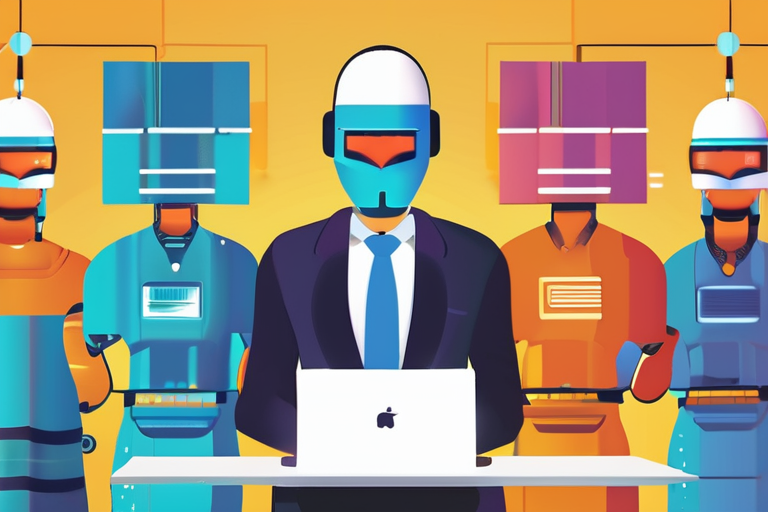
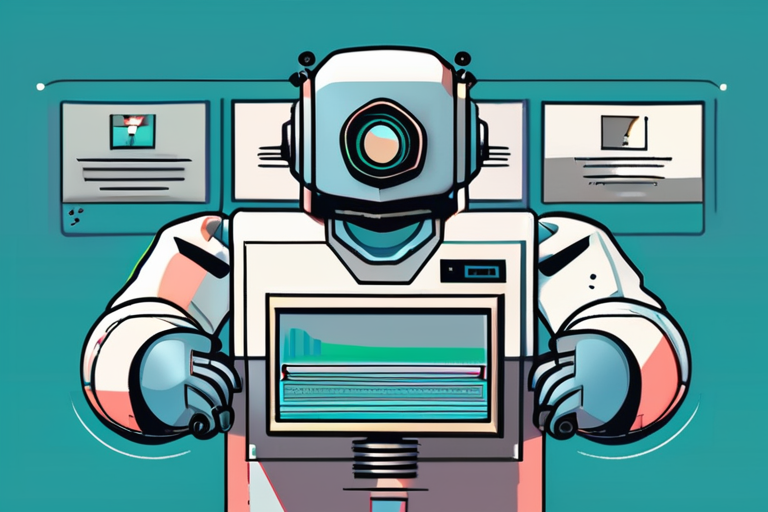
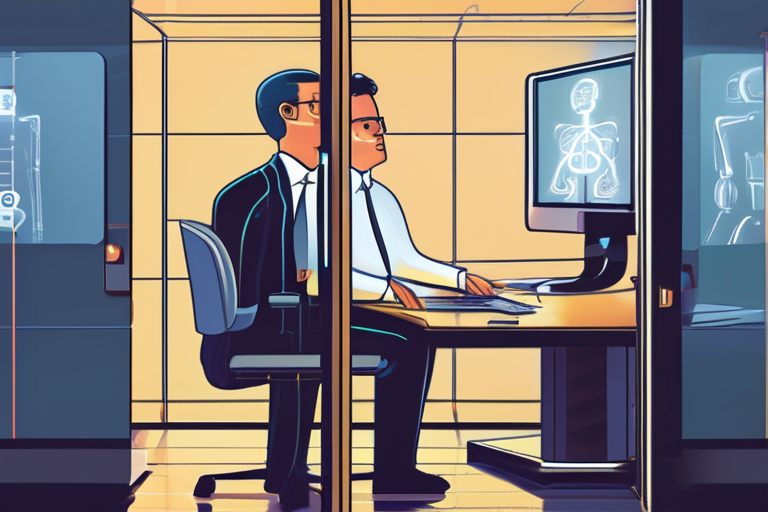
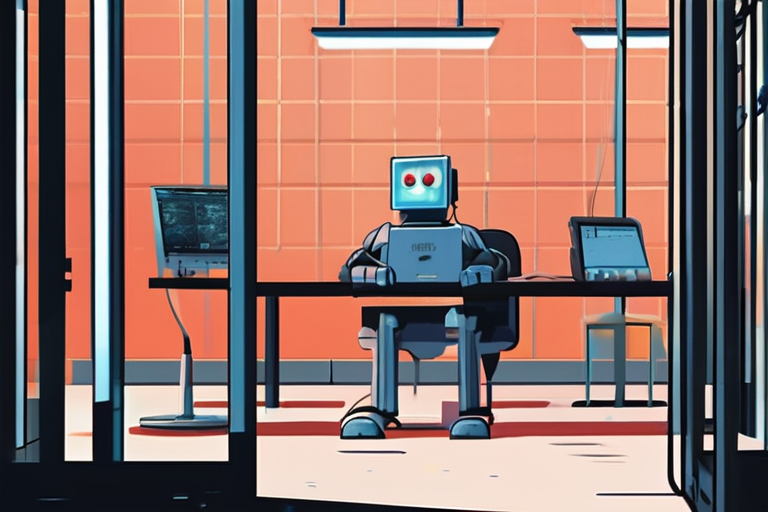
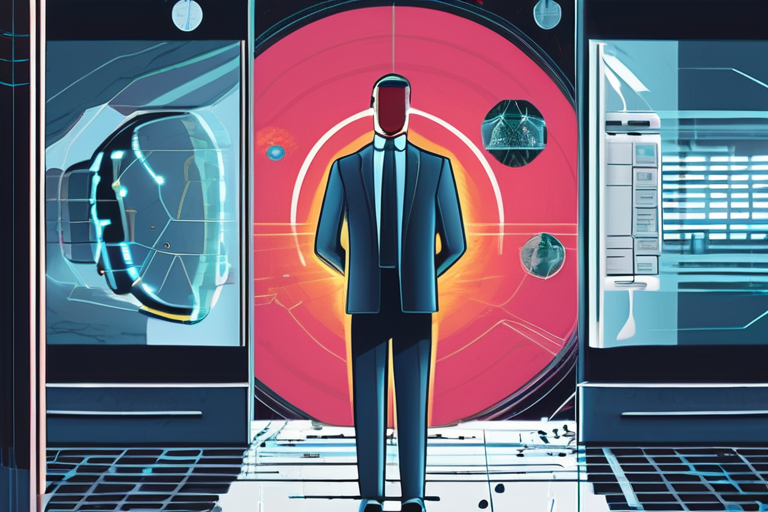
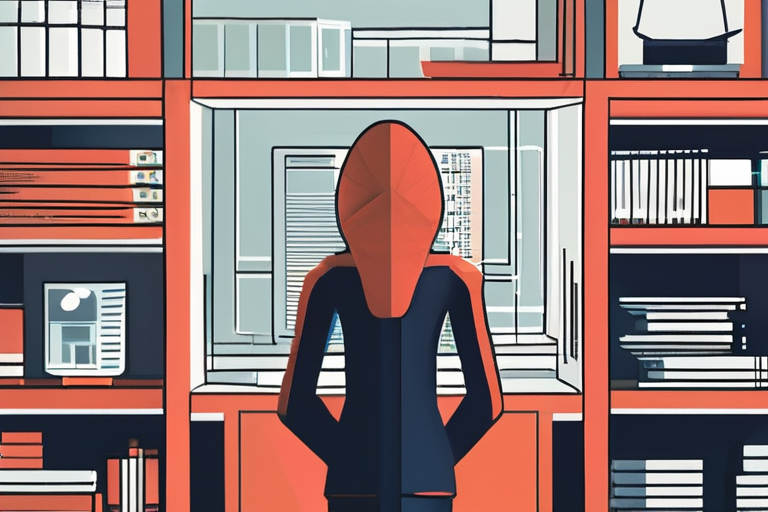
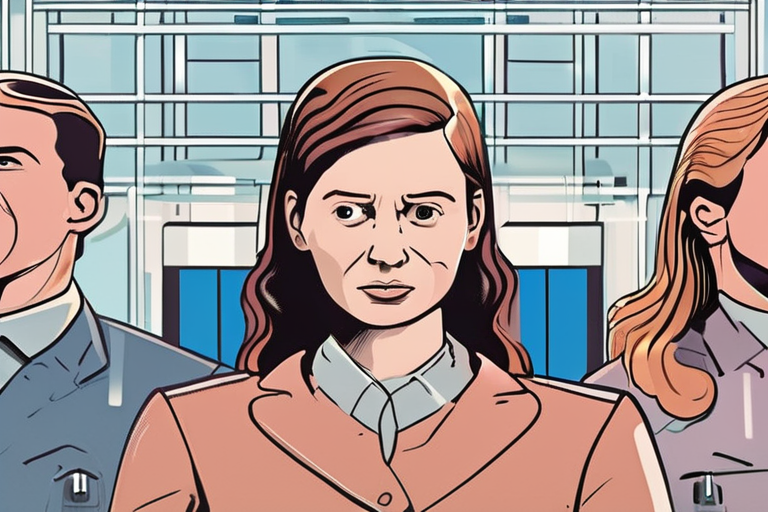
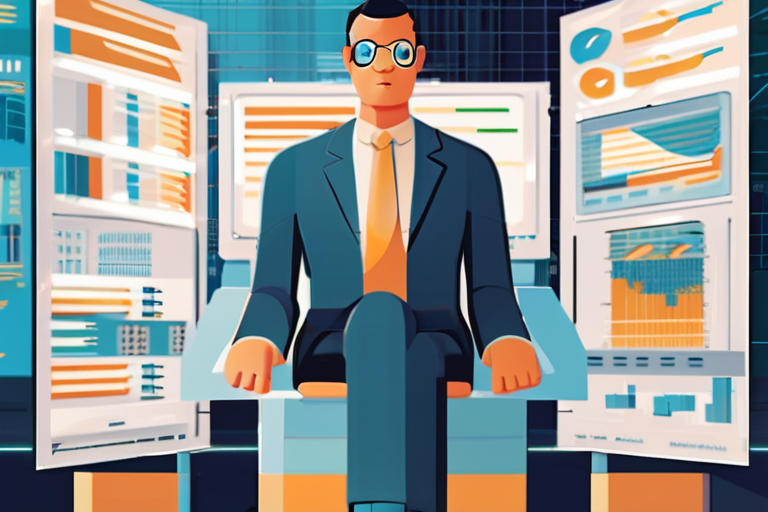
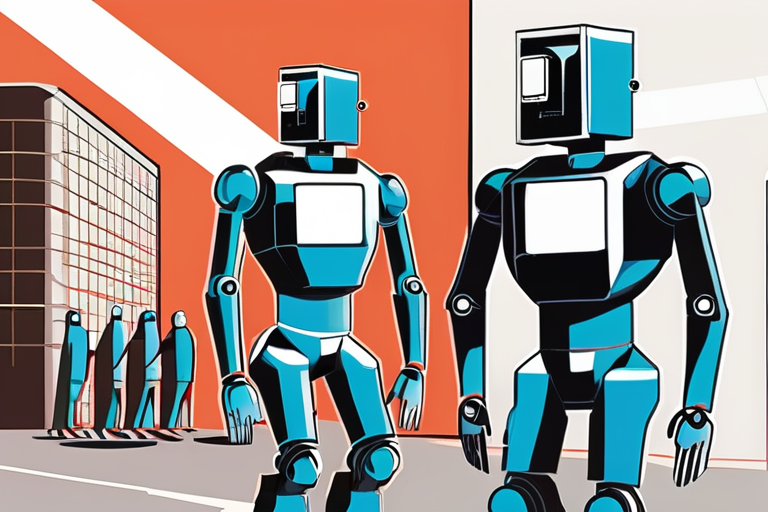
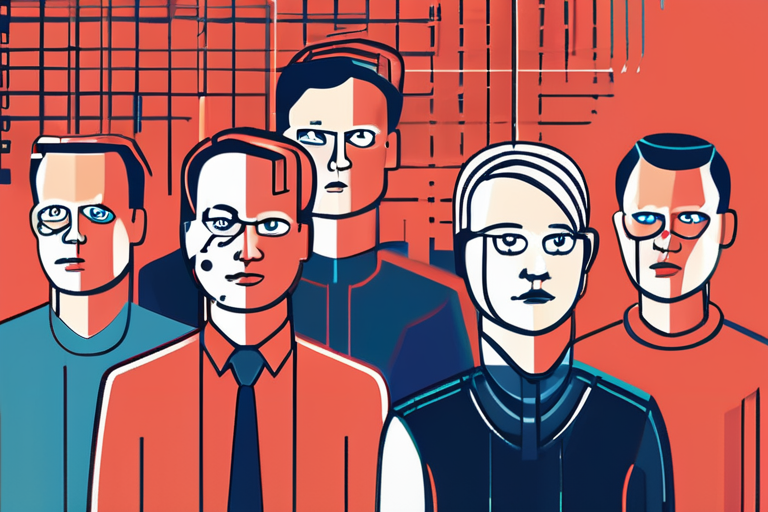
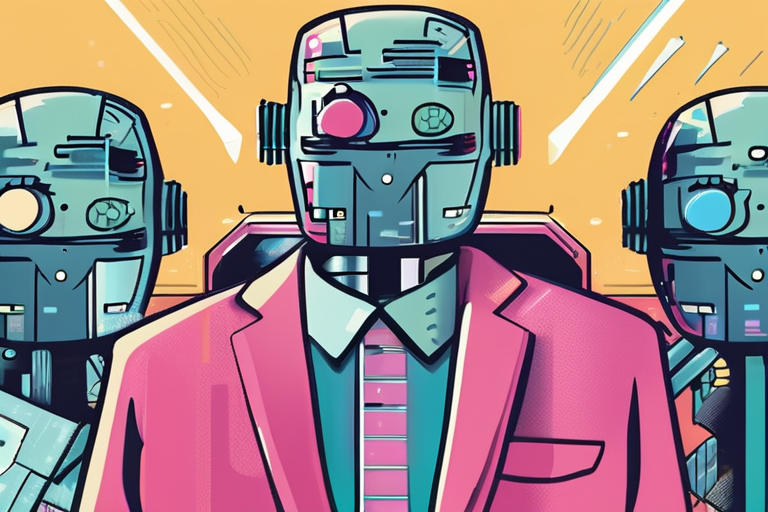
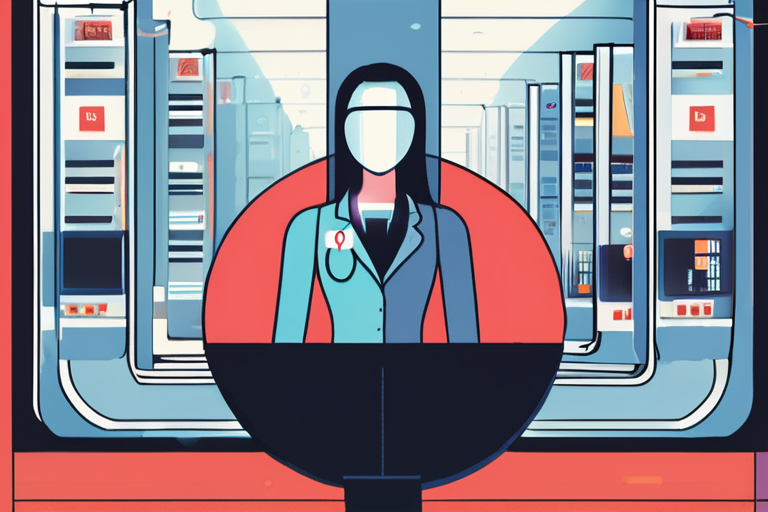
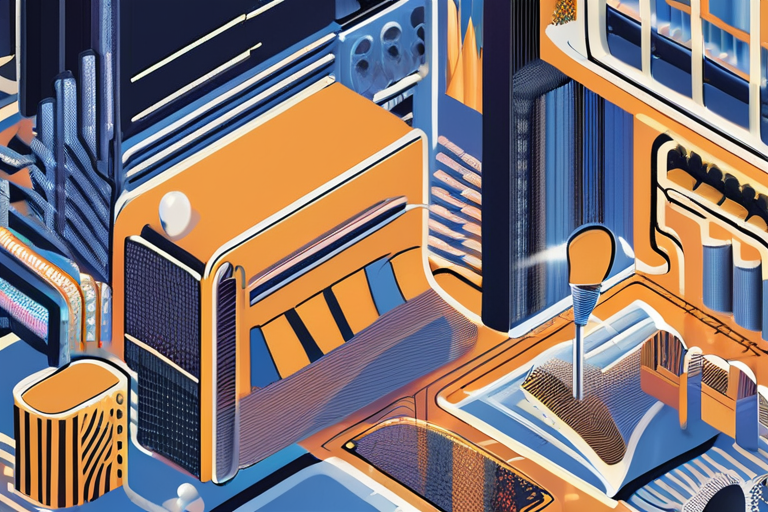
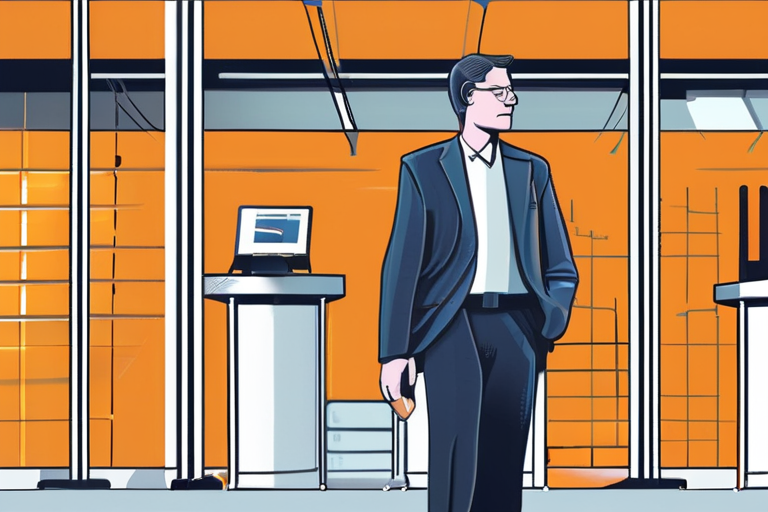
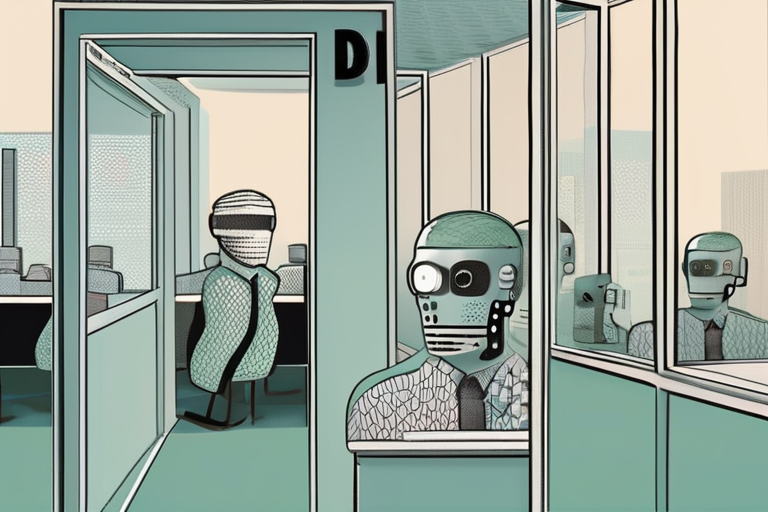
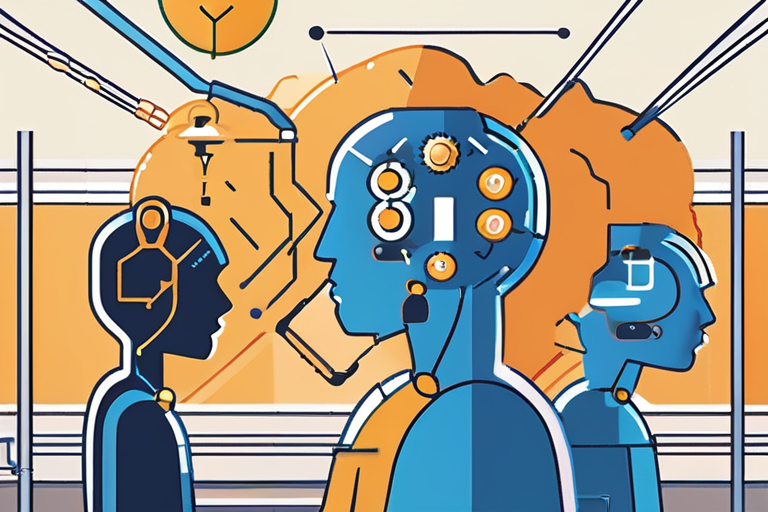
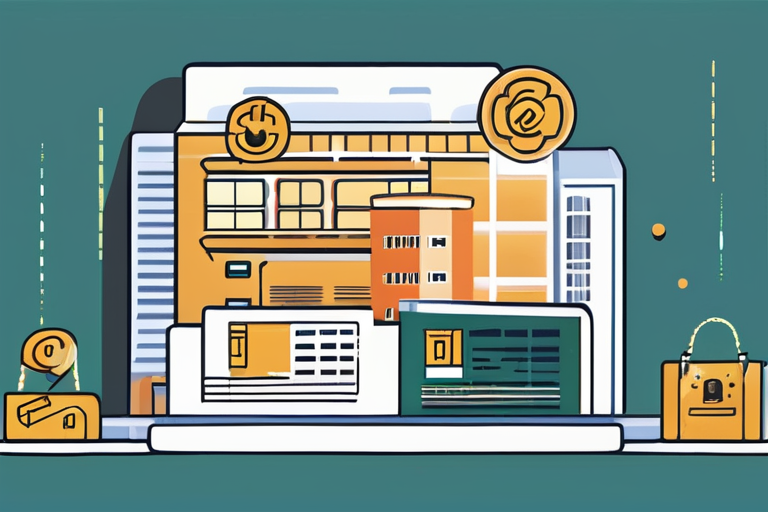
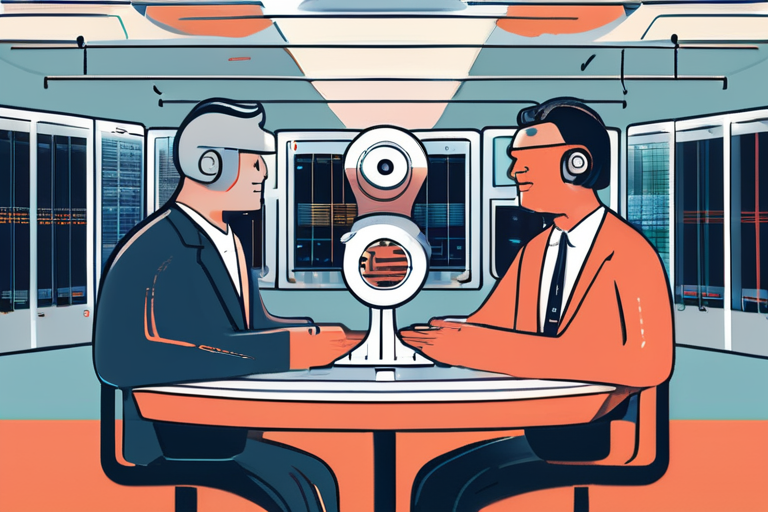
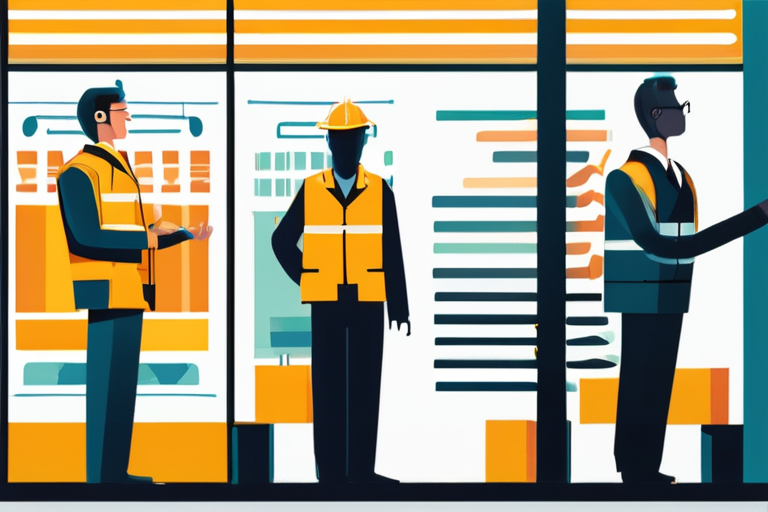
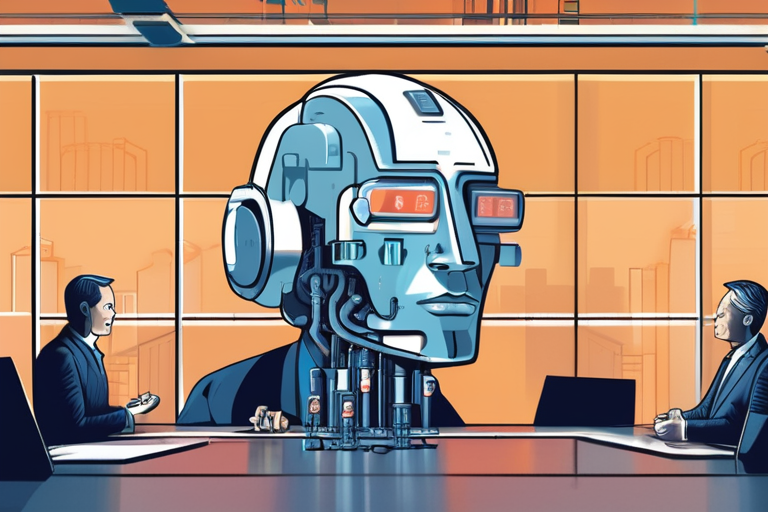
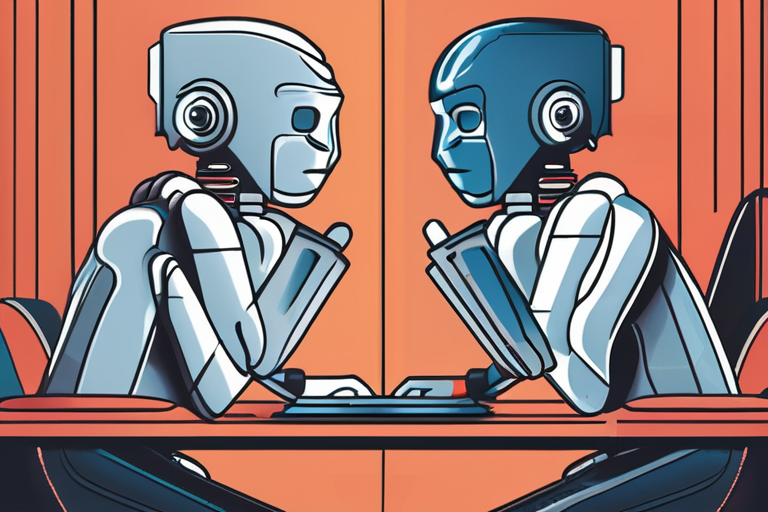
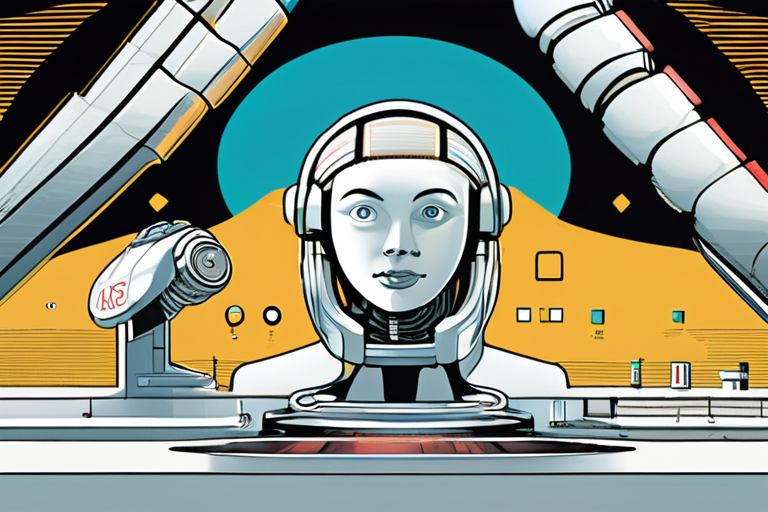
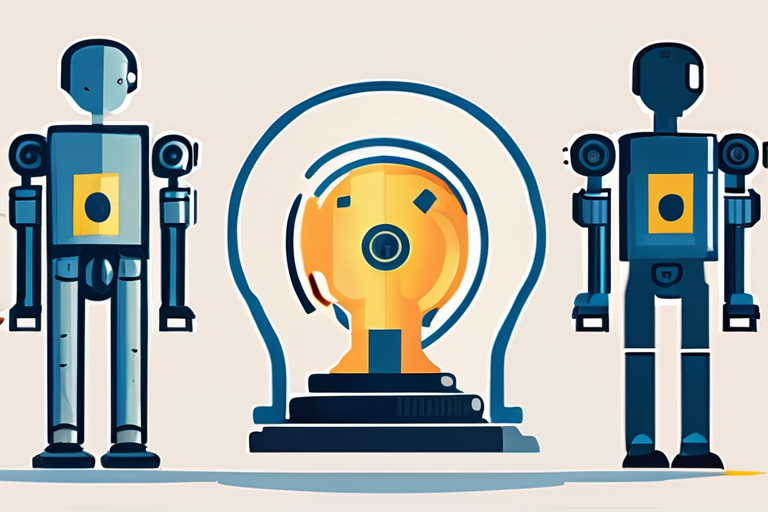
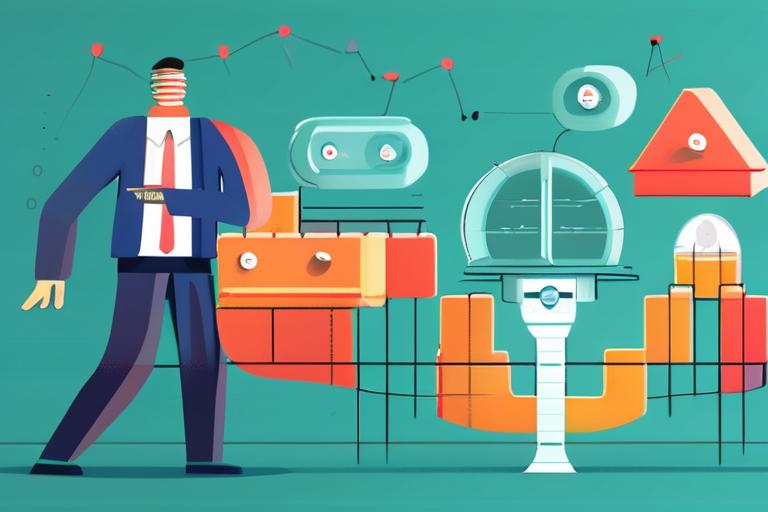
Share & Engage Share
Share this article